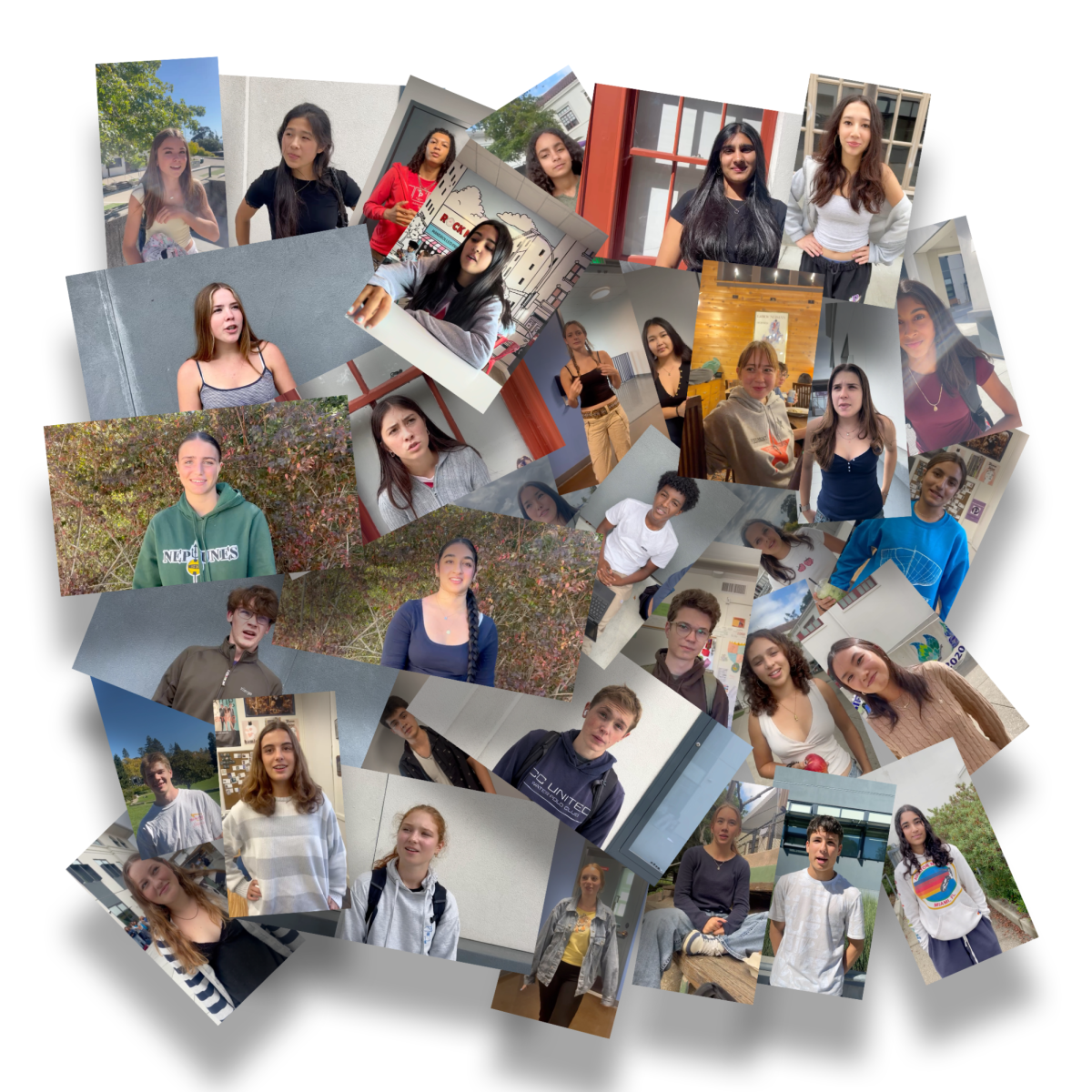One student’s family came to America in the 1850s and has gone to Ivy League schools for generations. Another’s parents immigrated to the U.S. after receiving a college education. Both work hard for their achievements, and considering grades, activities, essays, and any other application materials, they both are qualified for highly ranked schools. However, the first student is four times more likely to get in because of their “legacy status.” When Americans built private universities in the 1800s, they were intended for affluent, well-established families. In 2017, they still function for these groups. The systematic consideration of legacy in college admissions causes lack of equal opportunity, cements ideas that more affluent families are objectively more deserving, and causes a lack of diversity in university student populations. 
First of all, legacy is systemic, and the impacts are in no way the fault of students who have legacy or the fault of their parents who worked hard for what they achieved. Legacy is a privilege. Certain people were given this privilege before they are born and cannot control the college admissions process. However, this process does not allow for equal opportunity when seeking a higher education. When a college considers an applicant pool, they compare the substance of a non-legacy individual as seen through their application with the substance and external advantages of legacy individuals, causing an imbalance. According to the Harvard Crimson in 2011, the legacy acceptance rate at Harvard was approximately 30 percent compared to approximately six percent total. According to a study by Thomas J. Espenshade of Princeton University, at highly selective, private research universities in the U.S., the preference for legacy adds the advantage of scoring 160 points higher on the SAT.
In addition to an inequity in opportunity, even with affirmative action, highly ranked universities still lack diversity of all kinds, partly due to legacy. Because the draw with legacy is the money alumni will or have donated to the school, more students from upper-class, high-income families are accepted. According to a study presented by the New York Times, 72 percent of Princeton University students and 67 percent of Harvard University students come from the top 20 percent of family incomes in America. Also, because of America’s racial history and the fact that legacy is generational, often families with legacy are white, preventing racial diversity.
Although legacy causes issues with opportunity and diversity, it is understandable why colleges value it. Colleges need money to fund the opportunities they provide for all students, such as scholarships, libraries, and internships. Favoring students with legacy and whose parents are more likely to give money to the school, allows colleges to provide resources that they would not have if it weren’t for alumni donations. Additionally, having more children of alumni at a school can foster a strong sense of school spirit that can last past the four years, creating a strong alumni network.
However, education is the fundamental basis of our society, and higher education allows us to function in the advanced way we do. Students who have the privilege of legacy are justified to make the most of that opportunity, but it is the system of legacy preference at universities that perpetuates a lack of equity and diversity in higher education.




























